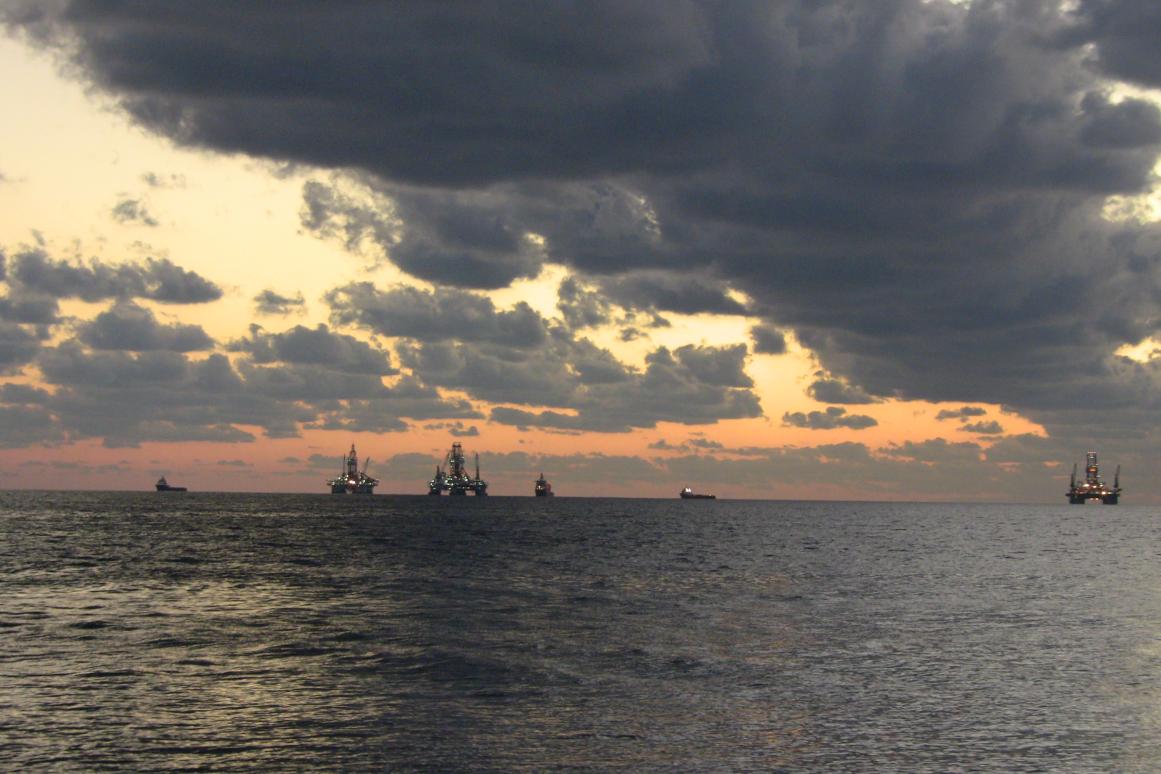Mexico's Energy Reforms Create Opportunities in the Gulf

Two HRI scientists were among the leading experts from government, industry and academia who met in Houston, Feb. 12 to discuss Mexico’s new energy policy and the opportunities and challenges it creates for international engagement in the Gulf of Mexico.
Mexico’s President Enrique Peña Nieto recently proposed sweeping energy reforms to revitalize his country’s domestic energy industry. The “Mexico’s Energy Reform: Opportunities and Challenges for International Engagement in the Gulf of Mexico” conference focused on significant changes in exploration and development activity in Mexican waters that could define how oil and gas is developed and produced in the Gulf of Mexico for years to come.
Discussions included the state of reform efforts in Mexico, the potential impact of reforms on the recently approved transboundary hydrocarbon agreement, the reforms as a catalyst for transboundary cooperation in oil and gas, the prospect of common safety and environmental expectations, and emerging regulatory opportunities.
Dr. Larry McKinney, HRI Executive Director, facilitated a discussion on transboundary hydrocarbon issues that focused on exploration, production and spill response. As part of that panel, Dr. Richard McLaughlin, HRI Endowed Chair for Coastal and Marine Policy and Law, addressed the international legal issues including exclusive economic zones, international rules regarding transboundary resources and the 2012 Transboundary Agreement.
The conference was sponsored by the Baker Institute’s Center for Energy Studies and Mexico Center at Rice University in conjunction with the American Petroleum Institute, the Center for Offshore Safety, the Center for U.S. and Mexican Law at the University of Houston, the Harte Research Institute for Gulf of Mexico Studies at Texas A&M University-Corpus Christi and the Woodrow Wilson Center’s Mexico Institute.
